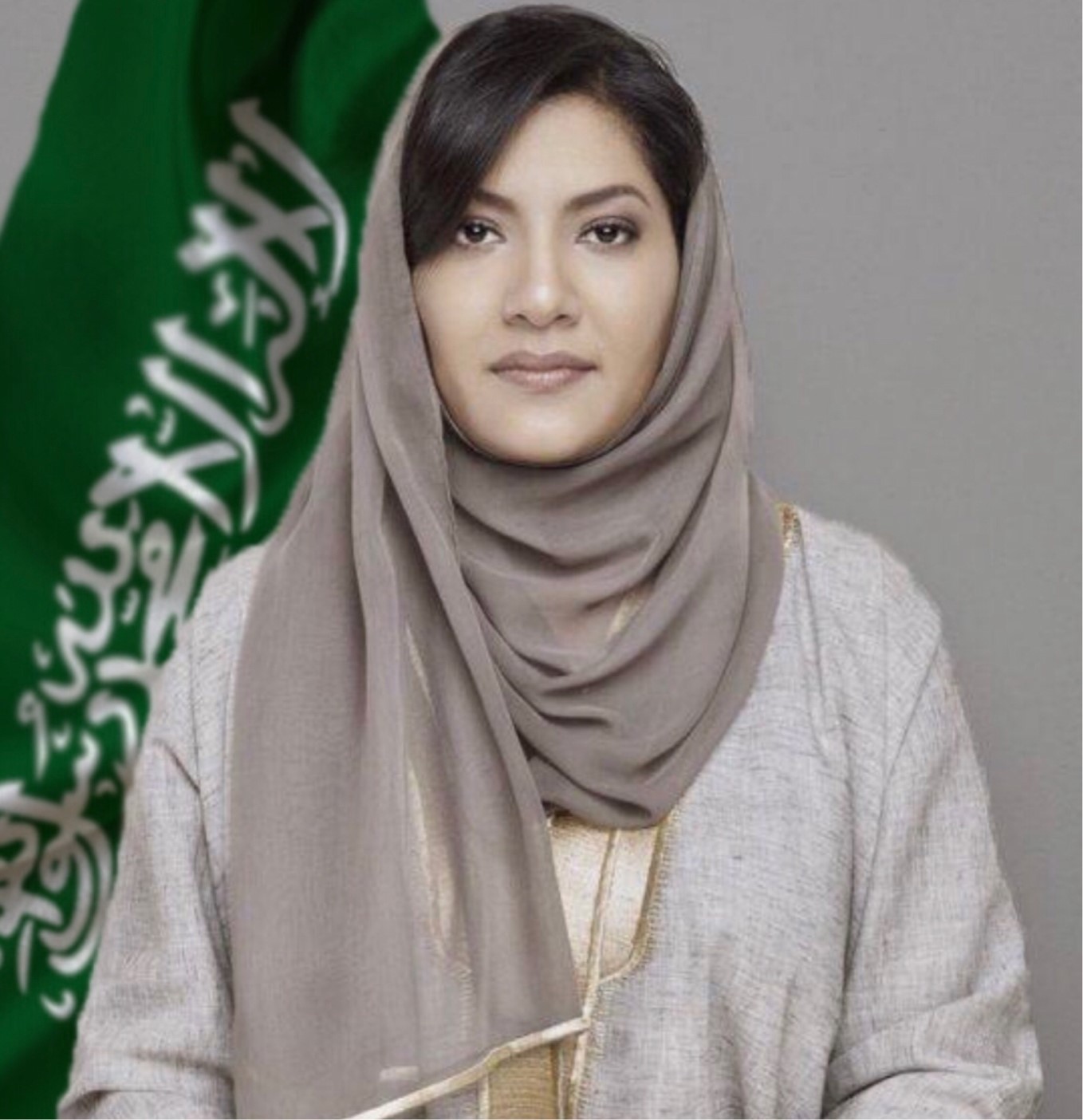
In the past few years, we have seen and experienced a tremendous amount of growth for women in the Kingdom of Saudi Arabia. The region has claimed a spot to be recognised for all of its incredible feats, burgeoning talents and stunning sights and is in a quest to keep pushing the limits.
So much so, there has been discussions surrounding the Women’s Tennis Association finals taking place in the Kingdom – a sporting event which would be a major milestone in Saudi.
This has been met with criticism in the West, particularly in a piece in the Washington Post by US tennis players and grand slam winners Chris Evert and Martina Navratilova who claimed the WTA finals should not take place in the Kingdom as “it is a country where the current landscape includes a male guardianship law that essentially makes women the property of men”.
However, in response Her Royal Highness Princess Reema Bint Bandar Al Saud penned a message stating her disappointment at the Western media for promoting such “outdated stereotypes and western-centric views” of the region. She further stated that refusing, to acknowledge the progress made by Saudi women diminishes their achievements, “Like many women around the world, we looked to the legends of tennis as trailblazers and role models… glimmers of hope that women truly could achieve it all. But these champions have turned their back on the very same women they have inspired and it is beyond disappointing.”
Princess Reema who serves as the ambassador of the Kingdom to the United States of America, also took the time to address the unjust claims of Saudi law presented by the authors.
“They say that Saudi law ;essentially makes women the property of men.’ On this, let me simply say: get your facts straight,” she stated. “What is often referred to as ‘guardianship’ no longer describes the status of Saudi women today. Women do not need the approval of a guardian to travel, work, or be the head of their household. Saudi women are in charge of their personal and financial future.”
Indeed, the Kingdom has given a multitude of opportunities for young women to hone their skills and showcase their talents on a grander level. Women in Saudi currently own over 300,000 businesses and nearly 25 per cent of small and mid-sized startups, which is equivalent to that of the US.
Princess Reema called attention towards the women who have helped with the progress of the Kingdom and have shattered glass ceilings by not only entering male-dominated industries but also excelling in them. Saudi women have made it their objective to make their mark and be seated at the head of the table and have rightfully done so.
She went on to comment about how a healthy debate regarding women’s progress should be encouraged and asked Western media to stop writing off Saudi women as voiceless victims as an excuse to exclude them from the narrative. “You see, we are investing and committing to sport as part of a comprehensive program to be the best version of ourselves,” she asserted. “It is not about you. It’s about us.”
She continued: “To those who seek to deny our women the same opportunities of others, what I hear clearly is that there is no seat for us at their table. But I will welcome them at mine. Because my table isn’t limited by political views, borders, race or geography. And I hope that they accept my invitation to sit at my table and meet the women that they may not have intended to inspire but their hard work nonetheless has. I hear you. You didn’t fight for us. But as we continue to work to fulfill our dreams, we will look back at your journey and will carry your wins with us.”
Read More: Who Is Yara Alhogbani? Meet Saudi Arabia’s First Female Professional Tennis Player









